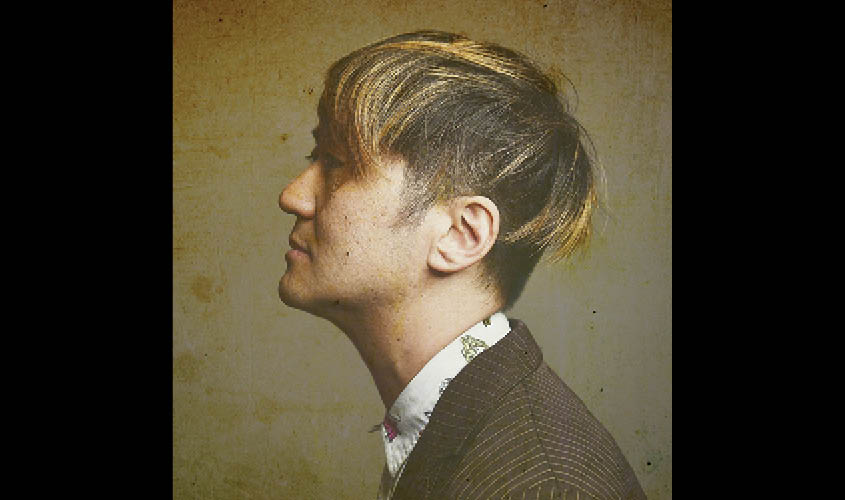There’s protest behind the prettiness of Omoiyari, the fourth studio album by songwriter Kaoru Ishibashi, who records as Kishi Bashi. He is the American son of Japanese immigrants, and current political turmoil over immigration got him thinking about a 20th-century episode of American xenophobia: the internment of more than 110,000 people with as little as 1/16 Japanese ancestry from the West Coast during World War II, from 1942 to as late as 1946.
They were incarcerated in isolated camps, often in desolate places; two-thirds of them were American-born citizens. In the 1980s, the United States apologised for a “fundamental injustice” and paid reparations to survivors and heirs of those interned. Bashi is not one of them; his parents arrived after the war. But while making the album, Bashi visited some of the internment sites, recording and filming there.
The Japanese word omoiyari translates loosely as compassion based on empathy. The album’s songs glance at politics, but they concentrate on individual stories and relationships, seeking the individual humanity within the facts.
The music summons a different slice of West Coast history: the elaborate Los Angeles folk-pop of the late 1960s and early 1970s, now categorized as Laurel Canyon pop. (Bruce Springsteen revisits the same era on his album due in mid-June, Western Stars, and it’s also the subject of a new documentary, Echo in the Canyon.) The music reveled in elaborately understated analog production, full of acoustic intricacies and subtle layerings of voices and instruments, hand played yet exquisitely polished.
Bashi’s main instrument is the violin; he has toured with Regina Spektor and Of Montreal. He has often performed solo with a looping machine, stacking up a complex counterpoint of singing, playing and beatboxing. He has a music-school background (Berklee) that leads him toward convoluted structures and shifting meters. The three previous Kishi Bashi albums have featured glossy, ingeniously constructed orchestral pop, and so does Omoiyari (Joyful Noise). But this time around, his songs are less showy and fidgety, more openhearted and straightforwardly tuneful. On this album, he works as often with fellow musicians as with loops, and he sketches stories that look beyond himself.
In “F Delano,” upbeat fingerpicked guitars and breezy “la la la” backup voices, bouncing around in stereo, accompany blunt lyrics: “Into the desert he pushed all the Nips, he wasn’t alone / Speech with a fury, sentenced with no plan ahead of you.” In “A Song for You,” amid countryish guitars and a hook joined by whistling, Bashi sings about separation and the slow erosion of memory, “as faint as anything we etched into the walls.”
A cello carries a Japanese-tinged melody in “Theme From Jerome (Forgotten Words),” named after the Jerome War Relocation Center in Arkansas, depicting a Japanese mother who’s singing “forgotten words from Japan” to sons who will grow up speaking English. Bashi sings about a soldier who can never return to his first love in “Summer of ’42”—young men in the camps were recruited for the U.S. military—and about being arrested and treated as prison labor in “Angeline.”
Yet the album is impressionistic, not didactic; the choruses are about loneliness and lost love, not outrage. Omoiyari grapples with heritage and assimilation, displacement and survival, mourning and coping, all tucked into its plush arrangements. It makes peace with history, but does not forget.
© 2019 The New York Times

